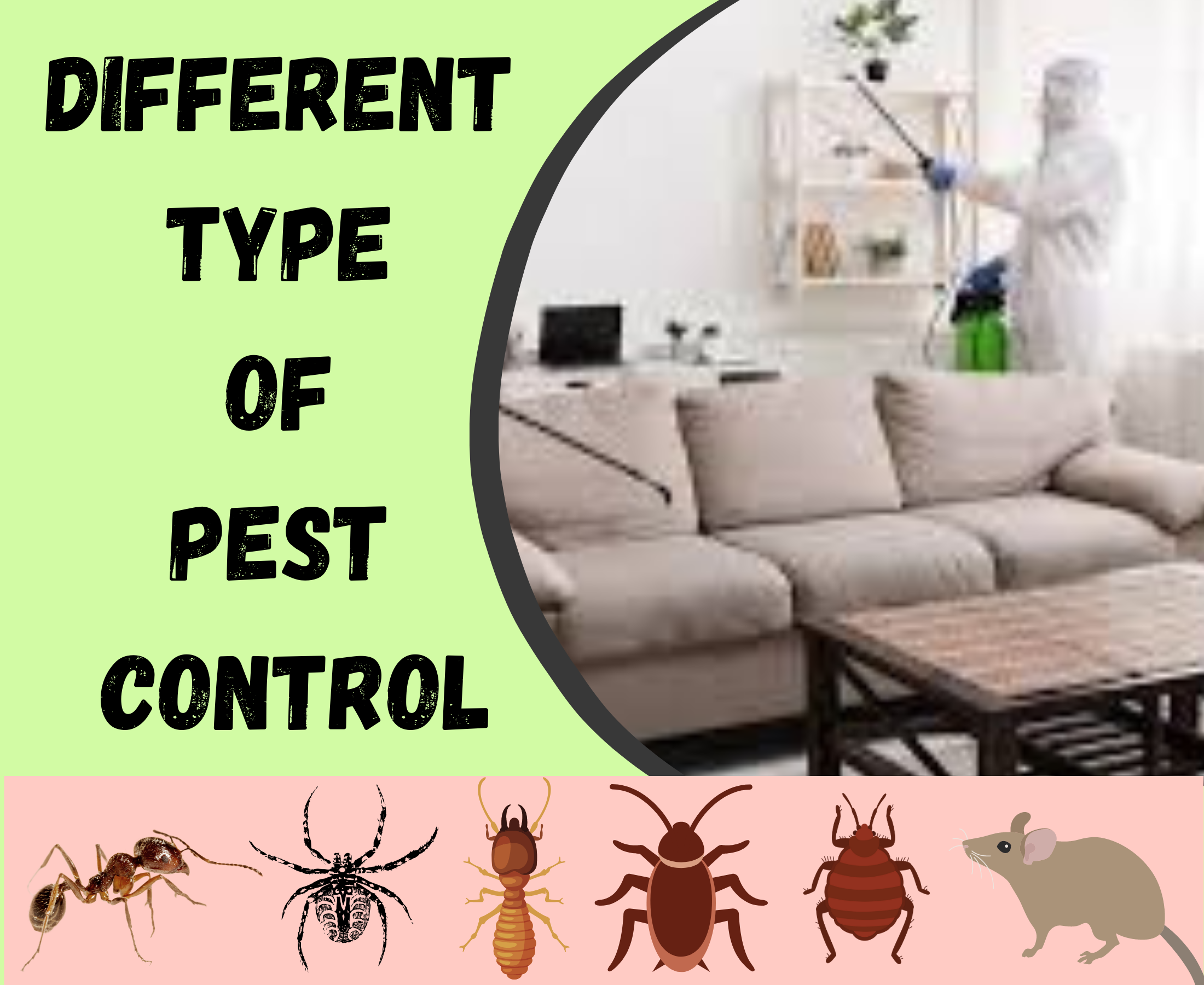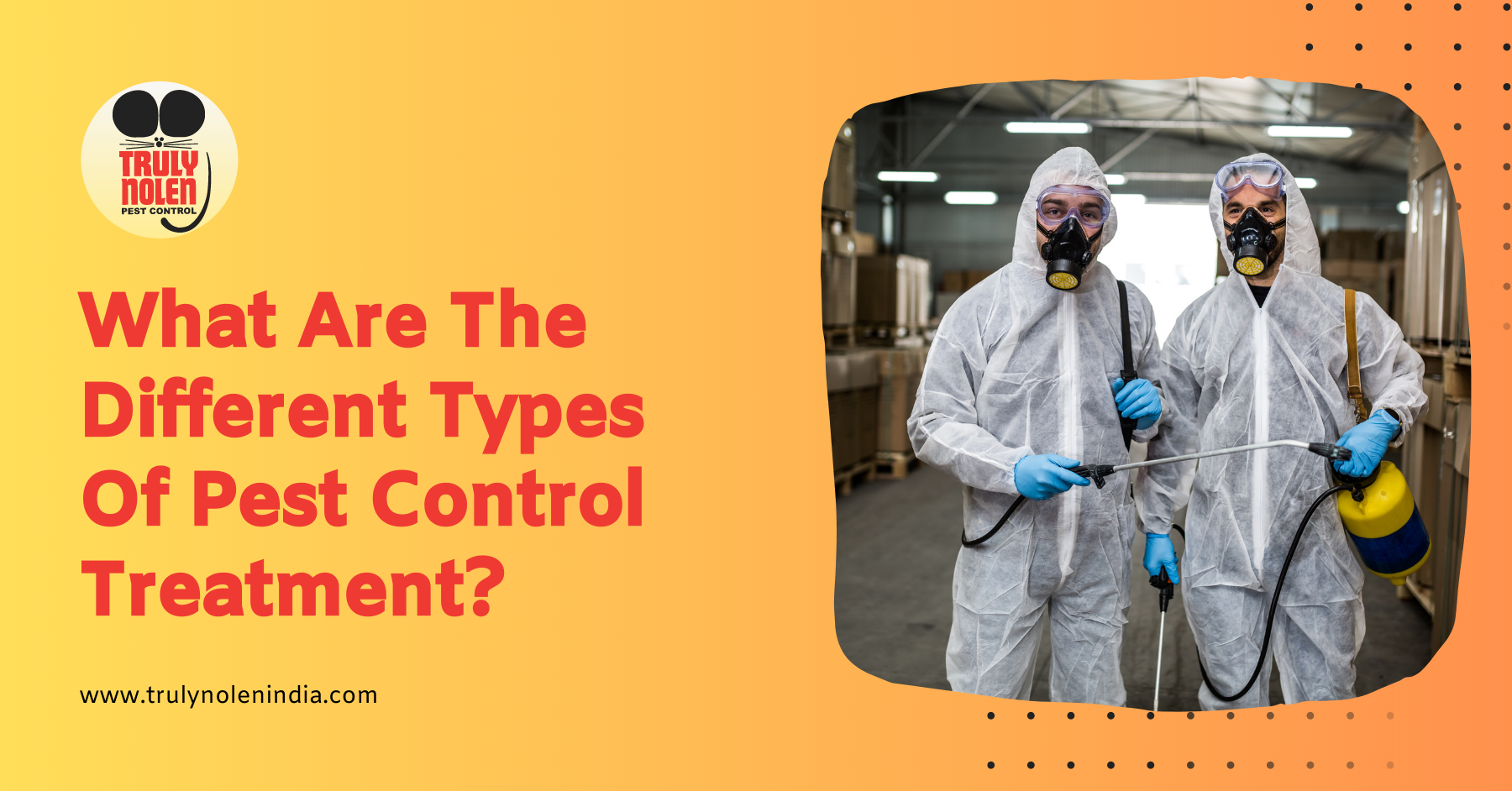Our Pest Control Diaries
Our Pest Control Diaries
Blog Article
Some Known Details About Pest Control
Table of ContentsPest Control for BeginnersThe Best Guide To Pest ControlPest Control Things To Know Before You Get ThisUnknown Facts About Pest ControlPest Control for Dummies
Limitations of Chemical Management Have the ability to evaluate parasite problems, identify if management is required, and make ideal recommendations utilizing IPM techniques. Recognize with different methods of parasite monitoring - their advantages and constraints. Comprehend the value of helpful bugs. It is not possibleor even desirableto rid yards of all pests.This phase talks about (IPM), an approach that uses knowledge regarding parasites and their, practices, nonchemical techniques, and chemicals to manage pest issues. Added details about IPM for certain plants is included in phases that focus on those plants. Nonchemical pest control steps are worried in chapter 17, "Organic Horticulture." Managing birds and mammals is covered in phase 20, "Wild animals." Taking care of in the backyard and garden is covered in chapter 6, "Weeds." Bugs in a garden or landscape may include pests and termites, weeds,, mammals, and birds.
Many individuals rush to pull, hoe, or spray every weed they see. Pests and weeds, nonetheless, play a role in the. After planting a garden or developing a grass, the natural process of plant succession begins to restore and nonnative plants. A weed expanding in a grass stands for the first phase in a series of occasions that, if enabled to proceed, might eventually lead to a forest.
What we call "bugs" belong to a natural system at the office. A community has no insects. Only humans take into consideration particular species bugs when they happen where they are not wanted. We will certainly be a lot more successful in handling unwanted types when we understand that these organisms comply with predictable patterns that we can make use of to our benefit.
The Facts About Pest Control Revealed
Parasites vulnerable to a chemical were rapidly eliminated, leaving resistant ones to breed and multiply. It ended up being clear that chemicals alone would not fix all pest issues.
An IPM plan enables some degree of pests in the atmosphere. Parasites are a lot less most likely to survive a program that uses various approaches of minimizing their populaces. Integrated parasite monitoring was very first suggested by entomologists since insects were the first team of pests to confirm difficult to manage with chemicals alone.
parasite and host precisely. and consider economic or aesthetic injury. A limit is the point at which action ought to be taken. a therapy strategy utilizing mechanical, cultural, organic, or chemical controls, or a combination of these approaches. success of therapies. IPM has actually extended beyond pests to management of all pest populations: weeds, illness microorganisms, and animals.
The Best Guide To Pest Control
Monitoring rather than obliteration of pests is the objective. An IPM plan begins with a cautious evaluation of each insect problem.
Clover growing in a grass may be watched as an unwanted weed, but as a vegetable it is manufacturing nitrogen for the soil and the blossoms are supplying nectar to honey and various other. Resistance for some weeds might belong to an IPM navigate here strategy. might be consuming the leaves of a plant, however when they are identified as the larvae of Eastern tiger swallowtail butterflies, their damages might be endured so we can enjoy the attractive butterfly.

The second most vital device in bug management is very early treatment. Responding to troubles rapidly, prior to they have time to increase, requires a much less significant intervention.
Some Ideas on Pest Control You Should Know
Several secure, practical, nonchemical approaches of plant defense and pest administration might lower or get rid of the demand to spray. Various other approaches are most valuable when used with pesticides. To apply monitoring techniques correctly and to minimize losses, gardeners ought to understand the types of pests that attack plants and comprehend pest biology.

Carrying out a dirt test and applying only the recommended quantity of fertilizer and lime makes best use of the advantage to the plant while lessening issues associated with extreme use of plant food - Pest Control. Covering the dirt with several inches of compost shields the Recommended Reading plant in several ways: minimizing dirt water loss to evaporation, minimizing weed competitors, giving nutrients, and producing an appropriate setting for earthworms and microorganisms that keep the soil loosened for roots and break down organic material to release nutrients
If mulch touches the trunk, it can create a way for voles, bacteria, and fungi to her response attack the plant. Do not use manure or compost that has not completely decayed as a leading clothing due to the fact that it can urge unwanted pests. Research recommends that farming is destructive to dirt framework.
The Basic Principles Of Pest Control
If tilling is considered needed, take into consideration doing it in the autumn when the life cycles of several parasites brings them near the surface. At the surface area, bugs become exposed to the climate as well as birds and other natural opponents.
Report this page